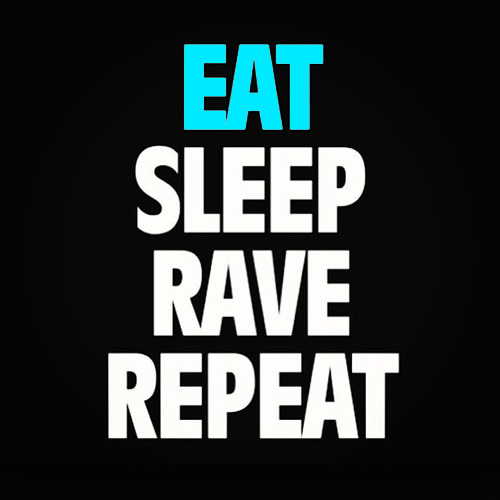
Learning Tableau
In my first placement, one of the key areas of my role wastraining and driving engagement at the company.
People who attended the training sessions were surprised athow easy Tableau was to navigate once you understood how Tableau organised yourdata and where you needed to drag/put it.
However, I noticed that some became complacent and used lackof time as a justification for not practising. On the other hand, there weresome people who kept coming back to me about questions they had and things theywere struggling with – these had created the most workbooks and shown the mostprogress.
I mostly trained people who had never seen Tableau beforebut have heard of it and were curious to find out more.
That is the first step – to be curious. The second is to continue being curious.
The key to success is not rocket science – just keep going!
So why is it so hard?
- Routine
The whole point of Tableau is to democratise dataexploration – to empower people to use data to get the insights and informationthey need to make better and more informed decisions.
However, in practice, empoweringpeople is one of the hardest things to do. It is not a simple consequence ofproviding them access to new technology/tools.
What usually ends up happening is people go on the same paththey have always taken. Routine! There are things that we do on repeat and thatis comfortable.
We know what our day looks like, we know what we need to getdone and most importantly, we already know how to do it!
We like things that are predictable.
When a new thing is introduced, we see it as a “disruption” to our routine or an addition to our workload.
This is a normal feeling to have when something new forcesus to change. There is always going to be some resistance.
A way to deal with this is to check your mindset:
- Examine why you hold such a resistance anddecide whether they are good or bad.
- Be honest in your answers.
- Try to make an objective judgement.
Once you’ve made your list, see any good change through thelens of opportunity rather than fear.
- Responsibility
“It’s not my call. That’s for management to decide. As long asI do what I’ve been told, then I’m happy. What more do they want?”
The same way that management is taking responsibility forthe team, you too should take responsibility for your own work.
Take some time to think about what you are doing and why youare doing it.
Understanding why you are doing what you are doing helps youto stay motivated and to create a meaningfulcareer.
Once you start asking the ‘Why’ questions, then you startasking the ‘How’.
Example: You are in the marketing team. You are told by yourmanager to give out certain promotions to individuals on a list.
Ask yourself:
Why am I giving promotions to certain customers? How can Ibetter target/cater for those customers? How is this list compiled? Can I caterfor more people?
And eventually, in this process, you are going to want tohave some numbers to back you up!
- Time, time, time!
When faced with learning something new, the main barrier wehave is time.
“I don’t have enough time”
Time is an investment, and what you decide to spend it onmatters.
When we start learning something new i.e. a language, how todrive, how to cook, the first thing we think about is the amount of time neededto learn it.
We see this massive mountain we need to climb and we say toourselves “is it really worth it?” and then we turn around and say “I’ll do itlater”.
“Is itreally worth it?”
I’ll refer back to point 2.
Priority – what you decide to spend your time on is drivenby what is important to you.
Think about what kind of career you want, the importance ofyour job role and how you can better support the team you are in to achievesuccess.
Asking yourself the ‘why’ questions keeps your aim and goalat the forefront of your decision making and is what drives you to keep goingwhen you face challenges. It is the thing that is going to keep you accountablewhen you start asking the question: “Is it really worth it?”
“I’ll do it later”
When we have our motivation and our goal set, the nextbarrier we face is the amount oftime needed.
We look at that mountain we need to climb, get overwhelmedand we turn around and say “I’ll do it later”.
So what should we do?
BREAK IT DOWN!
The good thingabout learning anything new is that the bestway to do it is by doing it “littlebut often” rather than “a lot but seldom”.
This means we can break down that mountain into littleblocks of steps.
In between tasks, try doing a 15 -30 min challenge offamiliarising yourself with the data, what each field means so you know whatyou refer to when you start your analysis.
Then, try another 15 -30 mins exploring any correlations orinsight from your data, by building simple bar or line charts.
Set yourself small and realistic challenges. Each time youfinish one, not only will you feel motivated and ready for the next challenge,but you might even find gems of insight!
When you come across a bigger problem, again break it downinto small digestible steps and keep yourself to those 15 - 30 mins.
Learning something new – although in theory it sounds easyenough to do, in practice it takes a bit more reflecting and will power toimplement. I hope these tips have been useful.
And remember. Be curious and stay curious!




